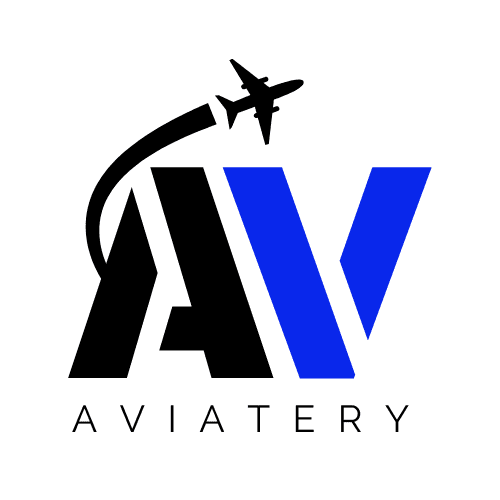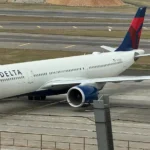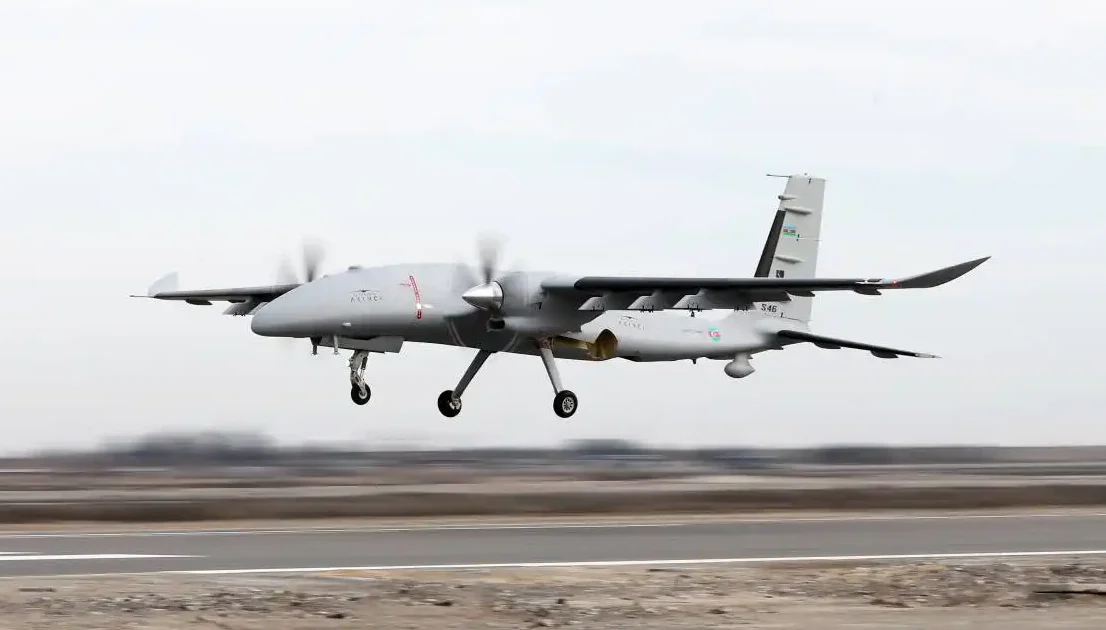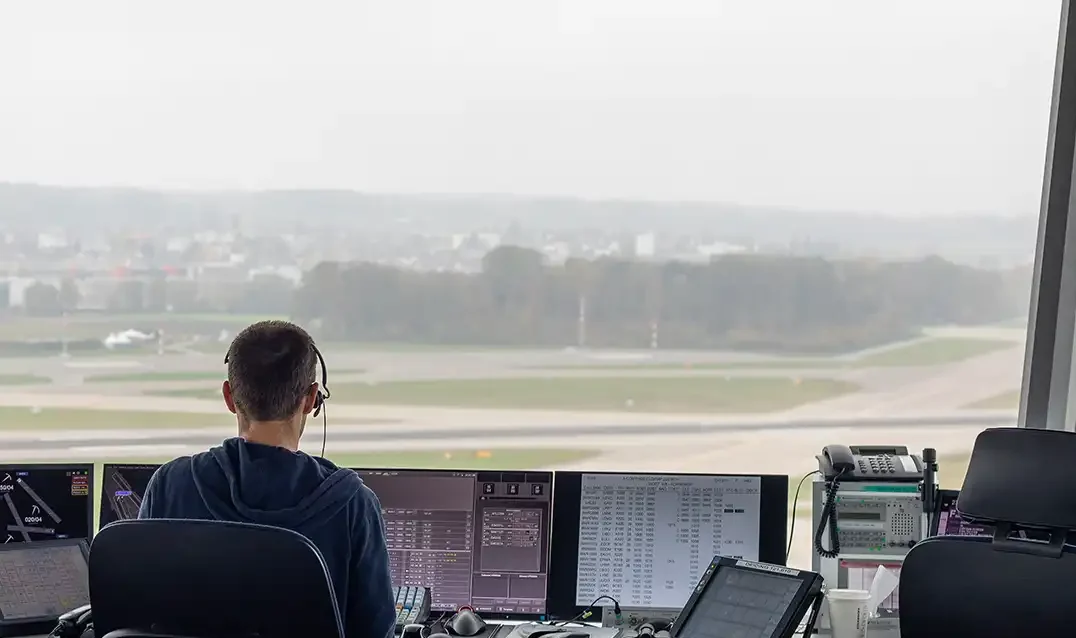Introduction
How much do private pilots make? This question is on the minds of many aspiring aviators, and the answer varies significantly. Private pilots in the United States can earn anywhere from $40,000 to well over $200,000 annually depending on their specific role and experience. With the private aviation industry experiencing a significant boom in recent years, there’s never been a better time to understand the earning potential in this exciting profession.
From corporate pilots flying executives across continents to charter pilots helping vacationers reach exotic destinations, the world of private aviation offers diverse career paths—each with its own salary considerations. This comprehensive guide breaks down exactly how much private pilots make across various sectors, what factors influence their compensation, and how you can maximize your earning potential in this dynamic field.
What is a Private Pilot? A Quick Overview
A private pilot is broadly defined as someone who flies aircraft outside of major commercial airlines. Unlike airline pilots who operate scheduled passenger flights, private pilots typically serve specific clients or purposes. These professionals must hold at minimum a Private Pilot License (PPL), though most career pilots pursue additional certifications such as Commercial Pilot License (CPL), Instrument Rating (IR), and often an Airline Transport Pilot License (ATPL).
The training journey typically involves:
- 40-60 hours of flight time for a basic PPL
- 250+ hours for a CPL
- 1,500 hours for an ATPL (required for many high-paying positions)
While a PPL allows you to fly for personal reasons, those seeking to make a career as a private pilot will need commercial certification and specialized ratings depending on their chosen path.
Average Private Pilot Salary: The Big Picture
According to recent data from the Bureau of Labor Statistics and industry surveys from Aviation Salary, the average private pilot salary in the United States ranges from $70,000 to $115,000 annually. However, this broad range doesn’t tell the complete story, as compensation varies dramatically based on the specific type of private flying.
Data from the Professional Pilots Association indicates that entry-level positions typically start around $45,000-$60,000, while experienced pilots flying sophisticated jets for wealthy individuals or corporations can command salaries exceeding $200,000 plus substantial benefits.
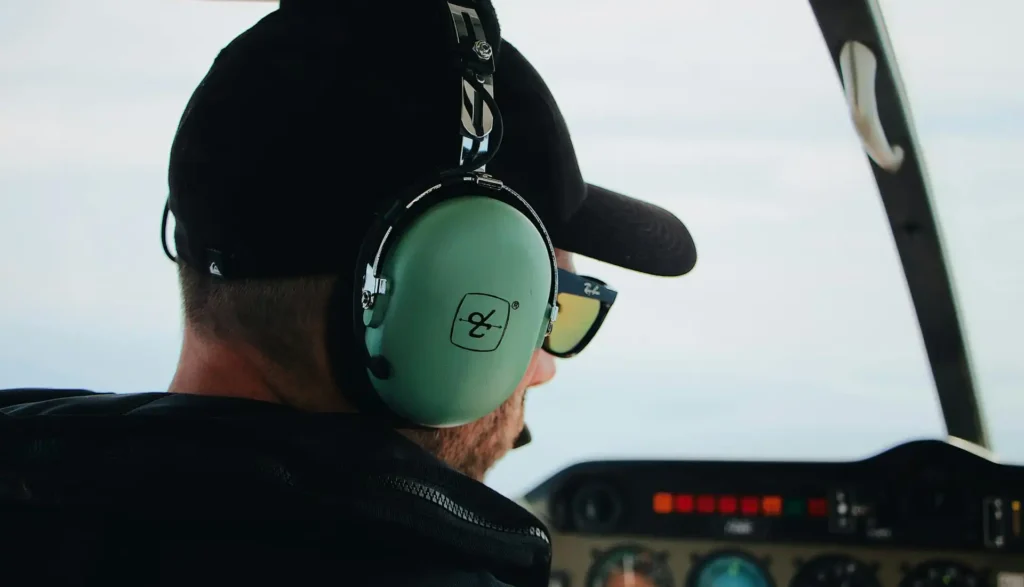
Salary Breakdown by Type of Private Pilot
Private Jet Pilot Salary
Private jet pilots—those who fly wealthy individuals, celebrities, or executives on private aircraft—are often among the highest-paid in the industry. Their compensation varies significantly based on aircraft type:
- Light Jets (Citation, Phenom): $75,000-$110,000
- Mid-size Jets (Challenger, Falcon): $90,000-$160,000
- Heavy Jets (Gulfstream, Global): $120,000-$250,000+
Captains of large-cabin aircraft like the Gulfstream G650 or Global 7500 can earn base salaries well over $200,000, with additional compensation through:
- Annual bonuses ranging from $10,000-$50,000
- Per diem payments during trips ($50-$100 daily)
- Profit-sharing programs (typically 3-10% of salary)
- Retention bonuses every few years
The demand for qualified private jet pilots has increased substantially as private jet usage has grown by over 25% since 2019, pushing salaries upward across the industry.
Corporate Pilot Salary
Corporate pilots fly company-owned aircraft, transporting executives and employees for business purposes. Compensation in this sector is influenced heavily by the size of the company and its flight operations:
- Small Companies (1-2 aircraft): $70,000-$120,000
- Mid-size Flight Departments: $85,000-$150,000
- Fortune 500 Companies: $100,000-$220,000
Corporate pilots typically enjoy more predictable schedules and better work-life balance than other aviation sectors, with home bases near corporate headquarters. They often receive comprehensive benefits packages aligned with other corporate employees, including matching 401(k) contributions, healthcare, and company profit-sharing.
Charter Pilot Salary
Charter pilots operate aircraft for on-demand flights, serving customers who book individual trips rather than own aircraft. Their compensation structure often differs from other private pilots:
- Base Salary: $50,000-$130,000 depending on aircraft and company
- Flight Pay: Additional $30-$90 per flight hour
- Overnight Pay: $150-$300 per night away from base
Charter pilots typically accrue more flight hours than corporate pilots, increasing their annual compensation through flight pay. However, they often work more irregular schedules, including holidays and weekends, to accommodate client demands.
Fractional ownership companies like NetJets and Flexjet generally offer higher compensation than traditional charter operations, with senior captains earning $150,000-$200,000 annually plus substantial benefits.
Flight Instructor (Part-Time Private Pilot)
Many private pilots supplement their income through flight instruction. Certified Flight Instructors (CFIs) typically earn:
- Hourly Rate: $30-$75 per hour depending on location and ratings
- Annual Part-time Income: $20,000-$50,000 (15-25 hours per week)
Flight instruction provides valuable experience building hours toward higher-paying positions while offering flexible scheduling options.
Factors Affecting Private Pilot Salary
Experience
Flight experience remains the most significant factor in determining a private pilot’s earning potential:
- 250-500 hours: $45,000-$65,000 (entry-level positions)
- 1,000-3,000 hours: $70,000-$120,000 (experienced first officers)
- 3,000-5,000 hours: $100,000-$180,000 (junior captains)
- 5,000+ hours: $150,000-$250,000+ (senior captains)
Type ratings (certifications on specific aircraft) add significant value, with each jet rating potentially adding $5,000-$15,000 to annual compensation.
Location
Regional differences significantly impact private pilot salaries:
- Northeast (NY, NJ, CT): 10-15% above national average
- West Coast (CA, WA): 5-12% above national average
- Midwest: Generally at national average
- Southeast: 5-10% below national average (except Florida)
Major private aviation hubs like Teterboro (NJ), Van Nuys (CA), and Palm Beach (FL) offer higher concentrations of well-paying opportunities.
Aircraft Type
The complexity and value of the aircraft directly correlate with pilot compensation:
- Turboprops (King Air, Pilatus): $70,000-$120,000
- Light Jets: $85,000-$130,000
- Mid-size Jets: $95,000-$175,000
- Heavy Jets: $120,000-$250,000+
Pilots qualified on newer aircraft models generally command premium salaries due to the additional training requirements and responsibilities.
Employer Type
Different employers offer varying compensation structures:
- High-Net-Worth Individuals: Often highest pay but limited job security
- Corporate Flight Departments: Strong benefits and stability
- Charter Operators: Variable pay based on flight activity
- Aircraft Management Companies: Balance of stability and performance pay

Benefits and Perks for Private Pilots
Beyond base salary, private pilots often receive substantial additional benefits:
- Health Insurance: Comprehensive medical coverage (worth $10,000-$20,000 annually)
- Retirement Plans: Typically 3-8% employer matching on 401(k) contributions
- Paid Time Off: 2-4 weeks plus holidays (varies by employer)
- Travel Benefits: Deadhead travel privileges on company aircraft
- Per Diem: $50-$100 daily allowance during trips
- Training: Fully paid recurrent training (valued at $15,000-$30,000 annually)
- Quality of Life: Many positions offer 7-on/7-off or similar schedule patterns
These benefits can add 20-40% to the total compensation value beyond the base salary.
Negotiating Your Private Pilot Salary
Successfully negotiating your private pilot compensation requires preparation:
- Research current salary benchmarks for your specific role and aircraft type (sources include Aviation Salary, Professional Pilot Salary Surveys)
- Document your qualifications, including total flight hours, instrument hours, and experience on specific aircraft
- Highlight additional value you bring (maintenance knowledge, international experience, instructor ratings)
- Consider the complete package rather than focusing solely on base salary
- Be prepared to demonstrate your value through safe operations and professional conduct
Most employers expect negotiation and typically have a salary range of 10-15% they can work within for qualified candidates.
The Future of Private Pilot Salaries
The outlook for private pilot compensation appears strong due to several market factors:
- Industry-wide pilot shortage expected to continue through 2030
- Increasing demand for private aviation services post-pandemic
- Growing fleet of private aircraft requiring qualified crew
- Aging pilot demographic creating natural attrition
Industry analysts project salary growth of 3-5% annually for the next five years, outpacing inflation. The Business Aviation Association forecasts continued expansion of business aviation through 2028, creating sustained demand for qualified pilots.
The greatest growth in compensation is expected in the large-cabin jet segment, where the shortage of qualified pilots remains most acute.
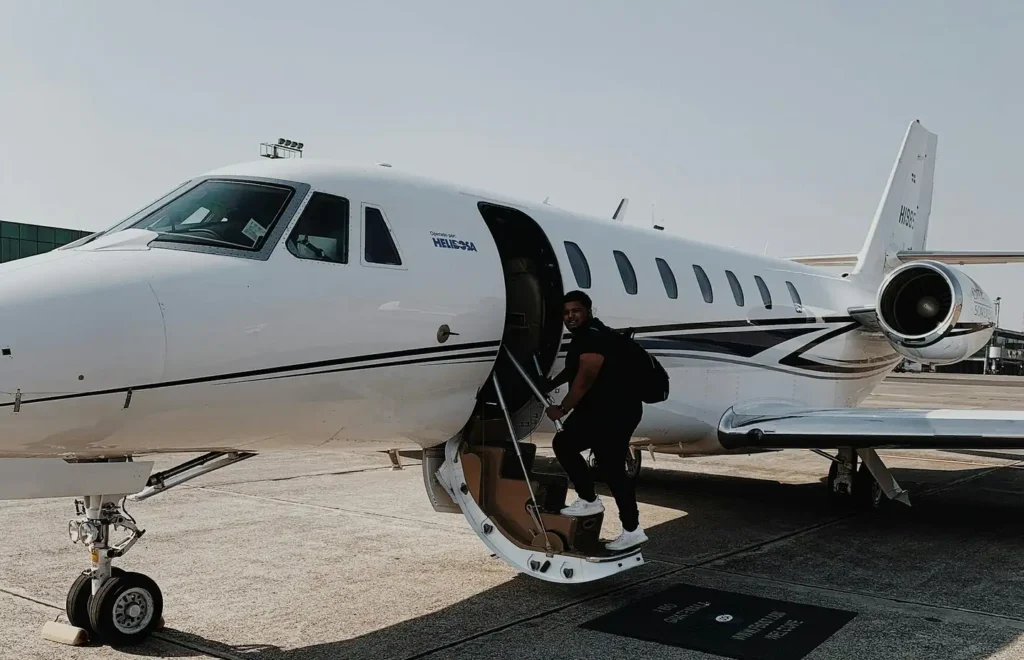
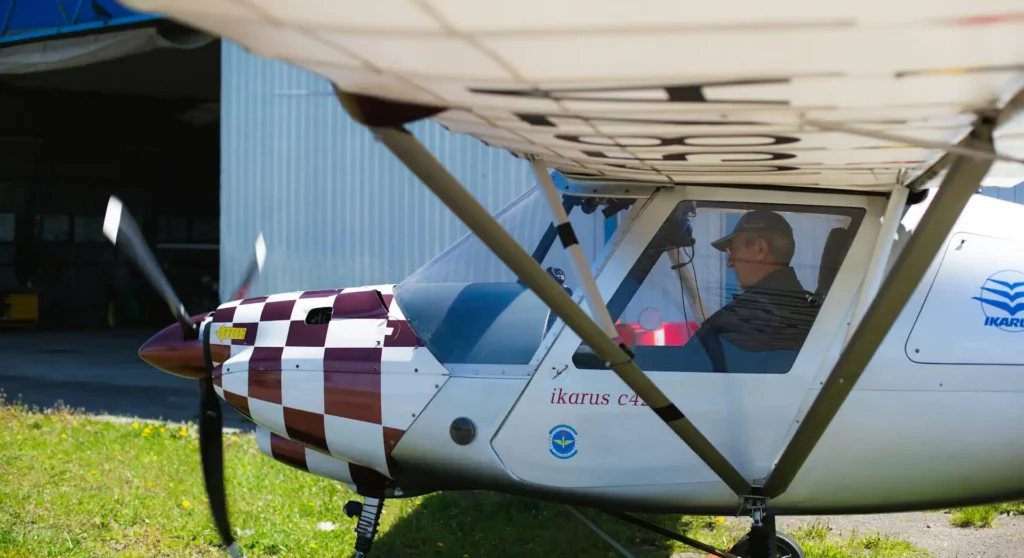
Resources for Aspiring Private Pilots
For those looking to enter the field or advance their private pilot careers:
- Flight Training Programs: AOPA’s comprehensive guide to flight schools
- Business Aviation Career Resources: NBAA’s career development portal
- Professional Pilots Career Network: Industry forums and job listings
- Corporate Flight Jobs: Specialized job board for corporate and private aviation
Conclusion
The question “how much do private pilots make” doesn’t have a simple answer—compensation varies dramatically based on experience, aircraft type, location, and employer. However, private aviation offers excellent earning potential for qualified professionals, with salaries ranging from $70,000 for entry-level positions to well over $200,000 for experienced captains on large-cabin jets.
With strong industry growth projected and an ongoing pilot shortage, private pilot salaries are likely to remain competitive and continue growing. For those willing to invest in the necessary training and build experience, the financial rewards of a private pilot career can be substantial, accompanied by unique travel opportunities and lifestyle benefits rarely found in other professions.
Whether you’re considering entering the field or looking to advance your existing aviation career, understanding the salary landscape helps you set realistic expectations and chart a course toward maximum earning potential. Start your journey toward becoming a private pilot today and unlock these exciting career possibilities!
FAQ Section
How long does it take to become a private pilot who can earn a salary?
While you can obtain a Private Pilot License (PPL) in 3-6 months, earning a salary requires at minimum a Commercial Pilot License (CPL), which typically takes 12-24 months and requires at least 250 flight hours. Most paying private pilot positions require additional ratings and 500-1,500 total flight hours, representing a 2-5 year journey for most aspiring pilots.
Do private pilots make more than airline pilots?
At the entry and mid-career levels, airline pilots typically earn more than private pilots. However, senior private pilots flying large-cabin jets for wealthy individuals or major corporations can earn salaries comparable to or exceeding airline captains, especially when considering quality of life factors and more limited time away from home.
What are the highest-paying private pilot jobs?
The highest-paying private pilot positions are typically found flying large-cabin jets (Gulfstream, Global, Falcon) for high-net-worth individuals, where senior captains can earn $200,000-$300,000 annually plus substantial benefits. Similar compensation can be found at premium fractional operators like NetJets for experienced large-cabin captains.
Is there a mandatory retirement age for private pilots like there is for airline pilots?
Unlike commercial airline pilots who must retire at age 65 per FAA regulations, private pilots have no mandatory retirement age. This allows experienced pilots to continue earning well into their 70s if they maintain their medical certification and proficiency, creating additional career longevity not available in the airline sector.
How does a private pilot’s schedule affect their earnings?
Schedule dramatically impacts earnings, with on-demand or “on-call” positions typically commanding 15-25% higher base salaries than positions with predictable schedules. Some high-paying positions require 24/7 availability with minimal advance notice, while others offer structured schedules like 7 days on/7 days off or 8 days on/6 days off, affecting quality of life considerations.
What additional certifications provide the biggest salary increases for private pilots?
Type ratings on large-cabin jets like the Gulfstream G650/700 series or Global 7500 offer the highest salary premiums, often adding $10,000-$20,000 annually. International operations certifications (RVSM, oceanic), Pilot-in-Command Type Rating Examiner (TRE) qualifications, and Citation Jet (CJ) series type ratings also significantly boost earning potential.
Share your thoughts: We Value Your Feedback!
